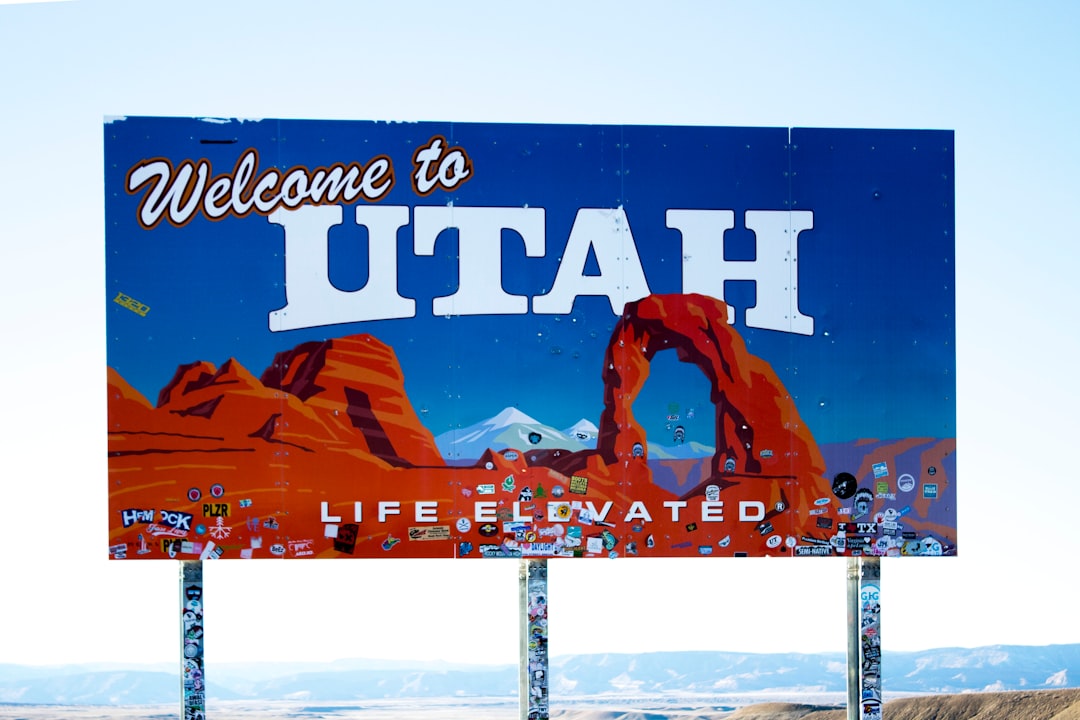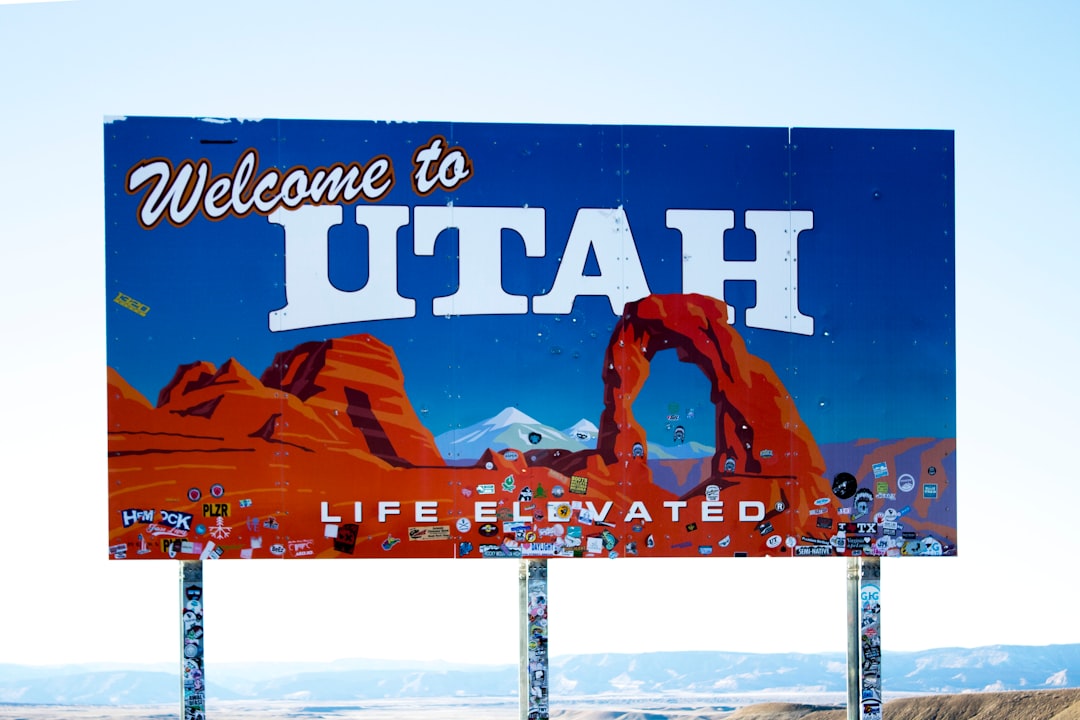In Utah, spam messages, including unsolicited calls from law firms, are regulated by the Anti-Spam Act and the Telephone Consumer Protection Act (TCPA). Residents have legal protections against such intrusions, with "Do Not Call" laws empowering them to opt out and file complaints. Businesses must comply with these rules, ensuring marketing practices respect individual rights. By documenting evidence and utilizing official channels like the Utah Attorney General's office or local Do Not Call laws, individuals can combat spam effectively.
In Utah, spam messages—whether via phone or text—are not only an annoyance but also a potential violation of state laws. This article guides you through the legal landscape surrounding spam in Utah, focusing on powerful tools available to combat unwanted communication. From understanding the legal implications to navigating the state’s anti-spam regulations and taking formal action, we outline steps to protect your rights. Learn how to file complaints against spammers without resorting to a “Do Not Call” list or law firms.
Understanding Spam Messages and Their Legal Implications in Utah

Spam messages, a persistent nuisance in the digital age, refer to unwanted and unsolicited communications sent in bulk through various channels like email, text, or social media. In Utah, as in many other states, these messages are not only an irritation but also carry significant legal implications. The Utah Anti-Spam Act (UT Code § 75-9-101 *et seq.) provides a framework for addressing this issue, offering individuals and businesses protections against spamming activities.
Under this legislation, sending bulk messages without the recipient’s prior express consent or using automated means to do so can result in civil penalties. Importantly, Utah law clarifies that certain types of communications are not considered spam, including messages from law firms advertising their services, as long as they comply with specific disclosure and opt-out requirements (e.g., Do Not Call laws). Understanding these legal nuances is crucial for both businesses sending marketing messages and individuals seeking redress for unwanted spam.
Navigating Utah's Anti-Spam Laws: What You Need to Know

In Utah, navigating spam messages and unwanted communications is addressed by a comprehensive set of anti-spam laws designed to protect residents from intrusive marketing practices. These laws are particularly relevant when it comes to unsolicited calls or texts from law firms, often referred to as “Do Not Call” regulations. Understanding these rules is crucial for both individuals and businesses to avoid legal repercussions.
Utah’s anti-spam legislation sets clear guidelines on how businesses and organizations, including law firms, can communicate with potential clients. It outlines restrictions on telemarketing practices, allowing residents the right to opt-out of receiving calls from specific sources. This means that if you choose not to be contacted by a particular law firm or their representatives, they must comply with these regulations and refrain from making unwanted calls. Knowing your rights under these laws empowers you to take action against spam messages, ensuring a more peaceful and controlled communication environment in Utah.
Legal Recourse: Taking Action Against Unwanted Phone Calls

In Utah, unwanted phone calls, often referred to as spam, can be a persistent and disturbing issue. Fortunately, there are legal avenues to combat this problem. Individuals who have received unsolicited telephone marketing calls may take action under the Telephone Consumer Protection Act (TCPA). This federal law prohibits companies from making automated or prerecorded calls to consumers without their prior express consent.
If you’ve been affected by spam calls, especially from law firms or similar entities, it’s advisable to document the incidents and gather evidence. Note down the phone numbers, dates, and times of the calls. You can then file a complaint with the Federal Trade Commission (FTC) or take legal action against the offending party. The TCPA allows for individual consumers to seek damages and even initiate class-action lawsuits in cases where multiple people have been affected, ensuring that your rights as a Utah resident are protected. Remember, “Do Not Call” lists exist for a reason, and enforcing these laws can help reduce the influx of unwanted phone marketing efforts.
Protecting Your Rights: How to File a Complaint Against Spammers

If you’re tired of receiving unwanted spam messages, you have legal recourse in Utah. The first step is to document the spam—save any texts, emails, or calls with dates and times—and gather evidence, such as any identifying information about the sender. Once you’ve compiled your evidence, it’s time to file a complaint.
You can file a complaint directly with the Utah Attorney General’s office, which has resources dedicated to investigating consumer fraud, including spam. Alternatively, many law firms in Utah offer services for filing Do Not Call complaints against spammers, ensuring that your rights as a consumer are protected and that these persistent message senders face consequences for their actions.






